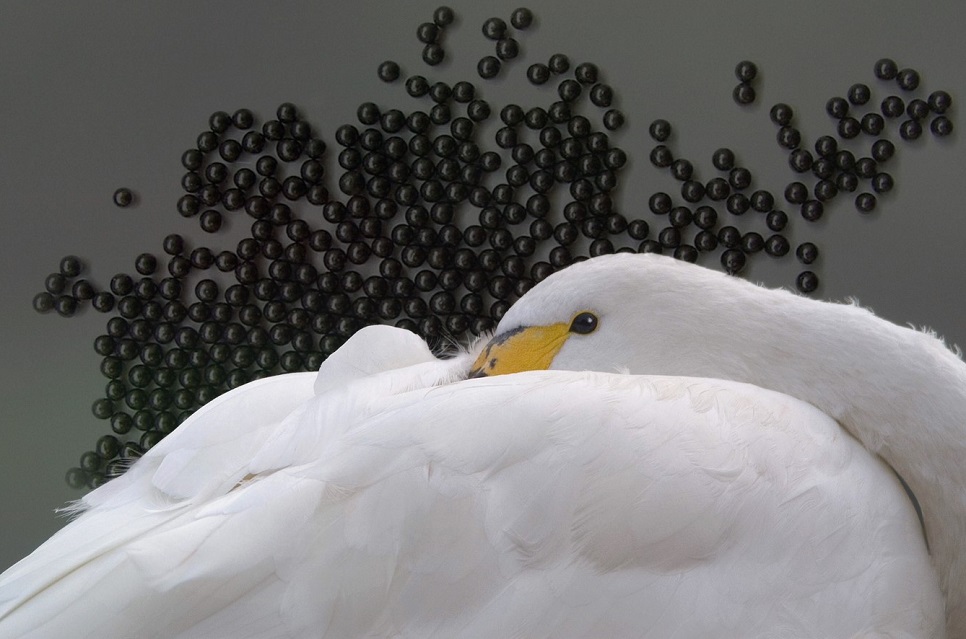Schools demand access to the outdoor classroom
Teachers are calling for more outside facilities to ensure all children and young people have the opportunity to learn outdoors and have contact with nature.
Tomorrow (Friday 24 June), more than 50 sites will respond to this demand by hosting visits from their local school and MP as part of a UK-wide initiative to get every child outdoors.
Some of the UK’s biggest environmental education organisations, the RSPB, the Field Studies Council and the Wildfowl & Wetlands Trust, have joined forces and will be opening the doors to all their teaching sites and centres.
For the first time, school children have invited their local MP to come and share an outdoor learning experience with them and see first-hand the benefits contact with nature brings. MPs will also hear from teachers how valuable these opportunities are educationally.
Tomorrow’s initiative comes in response to new research, commissioned by the RSPB, from Ipsos MORI that asked teachers what resources or support would encourage them to do more of their teaching outdoors.
After additional funding, primary teachers most often said that the thing they need to do more of their teaching outdoors was greater access to outside classrooms and outdoor facilities.
Kate Humble, TV wildlife presenter, said: “If a child hasn’t ever got their hands dirty, climbed a tree or been wowed by weird and wonderful pond creatures, how can we expect them to care enough to protect wildlife? Having access to discover, learn and play outdoors in nature is surely an essential part of childhood.
“Learning in the outdoor classroom, whether in their own school grounds, on a day visit to a nature reserve or during a residential stay, is proven to be of enormous educational advantage. Children of all ages benefit from real life “hands on” experiences where they can see, hear, touch and explore the world around them.”
Each year, the RSPB, the Field Studies Council and the Wildfowl & Wetlands Trust welcomes nearly a quarter of a million children and young people to their centres providing outdoor learning facilities to schools and universities.
All their sites already hold, or are working towards gaining, the Council for Learning Outside the Classroom’s Quality Badge – a kite mark recently introduced to demonstrate the high quality of outdoor learning that takes place as well as their health and safety procedures.
Despite all the evidence about the positive impacts contact with nature brings to a child’s education, health and wellbeing, many children are still missing out on these crucial experiences.
The RSPB, the Field Studies Council and the Wildfowl & Wetlands Trust believe that every child should have regular contact with nature, whether in their school grounds, local environment, further afield, or with family and friends.
To begin to address teachers’ concerns about funding, the Government has indicated that the newly created Pupil Premium could be used to give fairer access to nature for pupils from deprived backgrounds, for example funding school trips to experience the natural environment.
Rob Lucas, Chief Executive of the Field Studies Council, said: “Schools, parents and MPs agree that getting children outdoors in nature is a good idea. We are encouraged by the recent commitments made by Government in their Natural Environment White Paper to remove unnecessary rules and barriers to learning in the natural environment. [note 3]
“This event reinforces the enormous benefits to be gained from regular contact with nature for children. We hope Government, schools and local authorities work together with providers of learning in the natural environment to find ways to get every child outdoors. We will continue to monitor progress in achieving this and hold the Government to account on its commitments in the White Paper.”

